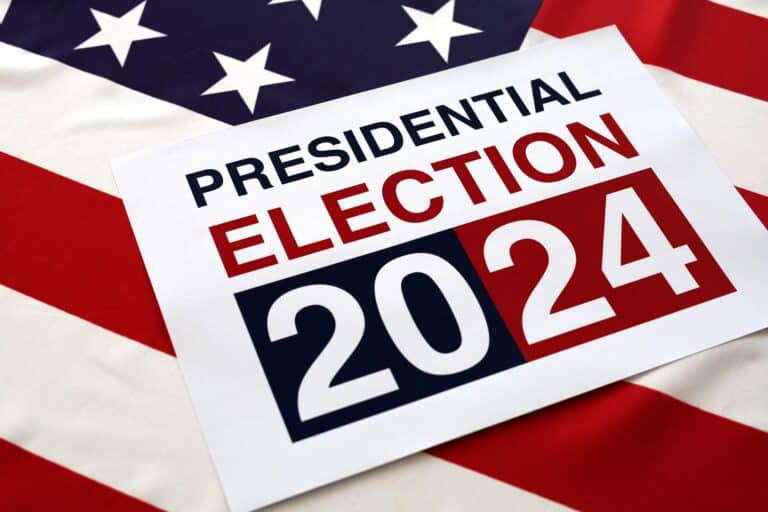A bad economy won’t stop patients from taking their medications. Does this common wisdom mean the pharmaceutical industry is recession proof? The answer to this question in the past recessions in the early ‘90s, early 2000s and the financial crisis of 2008, was yes. But pharmaceutical companies can take advantage of this inherent resiliency during a recession through three fundamentals: driving growth, optimizing their portfolio and managing costs.
Driving Growth
Arda Ural, EY Americas industry markets leader for health sciences and wellness, says, “Seventy percent of product launches do not live up to their expectation, which is a broadly accepted fact, so better commercial performance from existing products is priority #1.” EY also reported that patients have been filling prescriptions at a compound annual growth rate of 3.4% since 1992, with the engine behind this growth being innovation. The number of clinical trials surged 191% since 2012 with R&D as a percentage of sales rising 15% during the same time period. This meant more FDA approvals with a median of 43 per year from 2010 to 2021 contrasting with 26 per year in the previous decade -a significant factor in keeping the pharmaceutical industry recession proof.
Optimize the Portfolio
If there is a recession, dealmaking can become an opportunity. Larger pharmaceutical companies with strong balance sheets and good cash flow can pursue biotechs who may be running out of cash but have exciting technologies or products. Buyers must be strategic about the therapeutic areas they pursue and the expertise they need to scale up in the right way. This duality between large pharmaceutical firms easily weathering a down economy and small and emerging biopharma firms struggling to survive could be a positive for both sides
Manage Costs
In a time of growing inflation and the end of the “era of free money” with Federal Reserve rate increases, keeping costs down becomes critical in keeping the pharmaceutical industry recession proof. Pharmaceutical selling, general and administrative expenses (SG&A) have hovered around 28% of revenue for years. The pharmaceutical industry has not integrated intelligent automation and robotic processes as quickly or efficiently as other industries have. With the large tech layoffs in 2022 and 2023, the pharma industry has an opportunity to attract talent that can make them more competitive and more up-to-date.
Pharma’s annual January drug rate hikes saw a 5% increase in 2023 which was below the national inflation rate for 2022 of almost 7%. Concerns about the new Inflation Reduction Act that requires drug makers to pay rebates on specific Medicare drugs if their prices jump faster than the rate of inflation probably had an impact.


